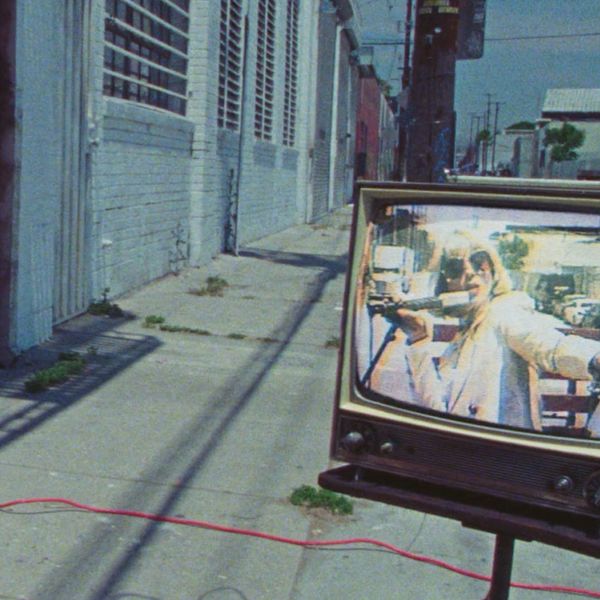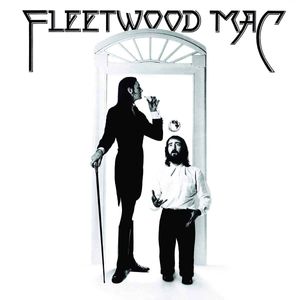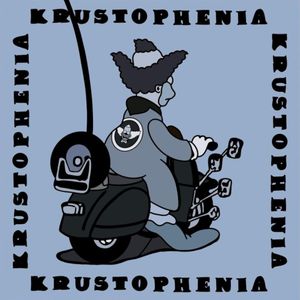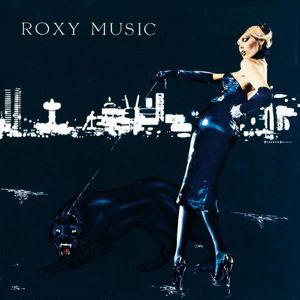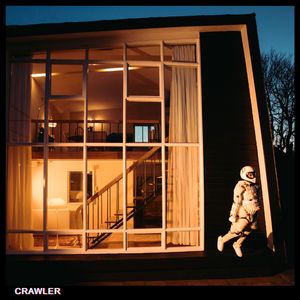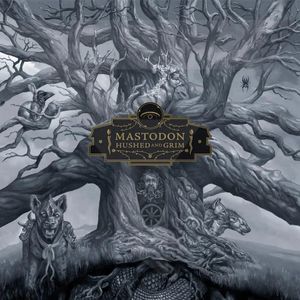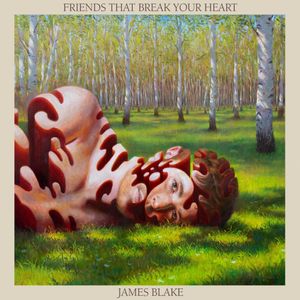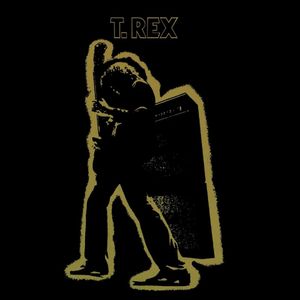Our 10 favourite albums of 2019
The album is dead, long live the album. We’d be lying if we said this year of our Lorde was bursting with instant classics, but that’s brought its own charms. This was a slow burner year, where the best albums were weird and wonderful rather than tour de forces. From newcomers to old favourites there’s been a lot to love and a lot to look forward to in the coming decade.
10. When We All Fall Asleep, Where Do We Go? // Billie Eilish

André
There have been an abundance of brilliant pop records over the past few years – momentous works released by the likes of Lorde, Robyn, and Janelle Monae, to name just a few – and once again we find ourselves with another teenage sensation on the scene. Billie Eilish is arguably the most exciting pop prospect since Lana Del Ray, and whilst When We Fall Asleep, Where Do We Go? sounds very different to Lana’s dreamy brand of baroque pop, there are certainly similarities. After all, we are experiencing the rapid rise of moody pop, where our stars sing about not only heartache, but anxiety and addiction. Here, a 17-year old Eilish inhabits a devious figure that harks back to the early days of Tyler, The Creator, whilst also delving into vital affairs such as suicide and climate change, all masked by a delightful goth aesthetic. This is a brave, thoughtful, and ambitious album, bursting with personality and packed with variety. As far as debut releases go, they don’t come much better, nor do they bring as much encouragement to aspiring stars. Eilish, alongside her brother, co-writer and producer Finneas O’Connell, have broken the rules and are setting the stage for others to follow. The influence of When We Fall Asleep could prove to grow with every passing year. The future of pop is in safe hands.
9. Anima // Thom Yorke
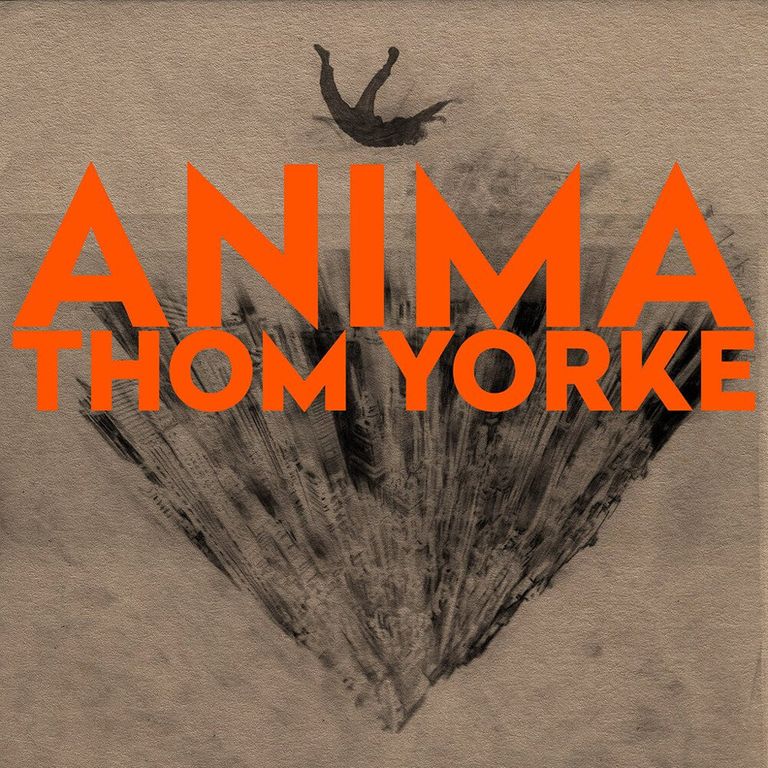
Fred
Ah, the Thom Yorke solo project. A rare beast – rather nervous and sickly looking it must be said – but keen in mind and heart. It’s no secret that I think Radiohead brings out the best in Yorke. He’s a key ingredient in a magic formula. Still, it’s a singularly nice thing to get him on his own from time to time, and Anima has enough verve to squeeze into 2019’s highlights.
There aren’t many surprises on the album, but it would have been a surprise if there were. Anima is the sonic equivalent of comfort food for Yorke fans. The beats tick, the vocals dance, and the synths shine. It’s a project that does exactly what it says on the tin, and made with quality ingredients (or one of them anyway.)
Read our full review of Anima →
8. uknowwhatimsayin¿ // Danny Brown
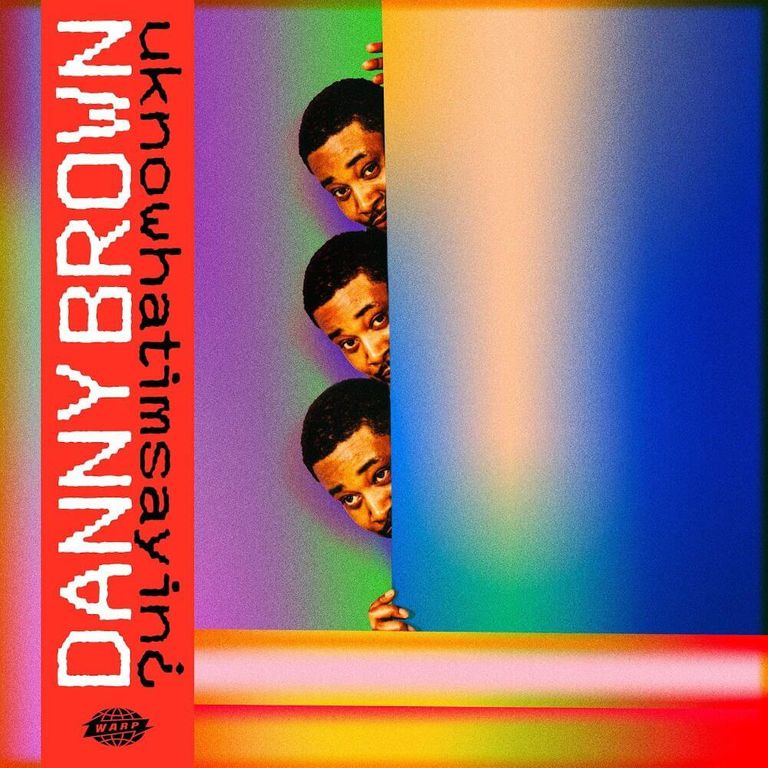
Marcus
The weight of expectation hung so heavily on this, the follow-up to Atrocity Exhibition, that you could be forgiven for expecting it to fail to match up. Ever the optimist, I had every faith – particularly in an era of hip hop where albums with shorter runtimes and tighter composition are frequently coming out on top. While there was no guarantee that Danny Brown would take this route, I was hoping he would; I’m so glad he did. If I could criticize his previous works it’d be in the occasional sense of bloat that diluted the excitement of listening to the bottled, self-aware madness that is Danny Brown. Here, there’s none of that.
Where AE was defined by the Jeckyll and Hyde of Party Danny and Comedown Danny, uknowhatimsayin¿ is devoid of either. This is Sober Danny, or at least Soberer Danny, but the shift isn’t unwelcome or negative. Instead, one of the finest rappers of his generation is simply turning more sharply to a side we’ve only previously seen in passing. He’s no less interesting; he finds more introspection in retrospection, and he retains all the character and cheek I’d be devastated to be left without. It’s a slower experience than his previous outings, the muted chaos apparent in the restrained but persistent and catchy hooks, but this draws sharper attention to the writing which, frankly, is the best he’s yet delivered. Tonal changes of direction seldom feel so smooth or sound so good.
7. Grey Area // Little Simz
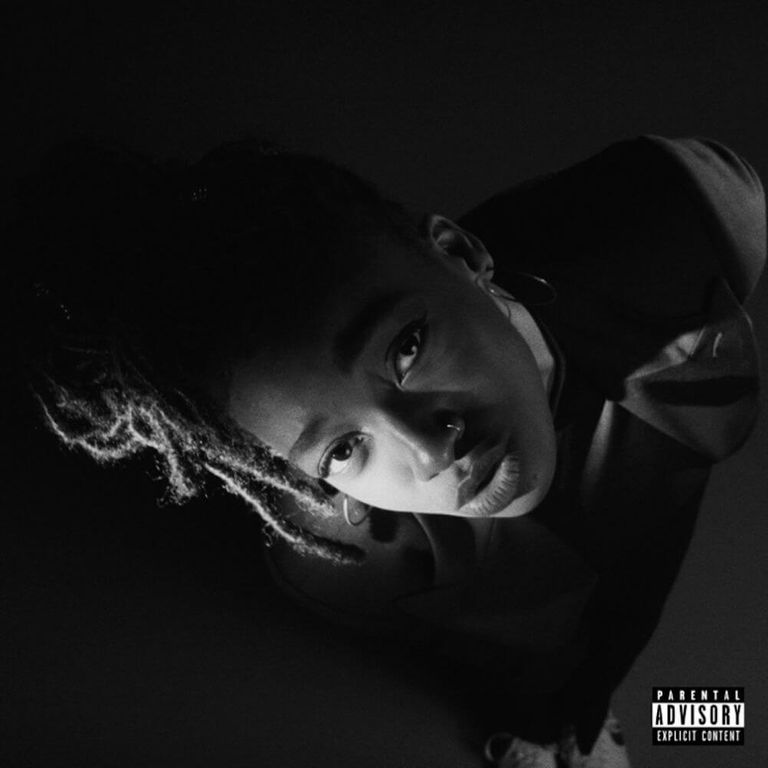
Marcus
My personal album of the year, GREY Area is a coming of age for a British rapper whose promise has been evident from the outset. Through the convergence of hip hop, trip hop, British grime and R&B across its 35 minutes – and deft production solidified by the stylings of featured artists Little Dragon and Michael Kiwanuka – GREY Area lands upon incredible variety in energies, tones and contents without ever feeling scattershot or unfocused. Little Simz herself is bold is her writing and delivery, fearless in her subject matter, full of fun and resistant vitality that’s edged with a realistic and considered worldview. “I said it with my chest and I don’t get care who I offend”, she declares on the opener, and the self-assurance is evident in every element of GREY Matter’s composition.
There’s a force of will present across the album that never relents, a confidence that’s intoxicating, and it is deployed to staggering effect regardless of the singular track. Sherbet Sunset’s sincerity doesn’t feel cheapened by the poppiness of “101FM”, and nor does the latter feel less sonically or consciously credible when compared to the former. At this point it perhaps goes without saying that the beats, flows and hooks never miss a step, but I’ll say it anyway. Every track stands as a triumph alone, and the sum is one of the most exciting and innovative albums of recent times. I can’t wait to hear what else she has to say.
6. Titanic Rising // Weyes Blood
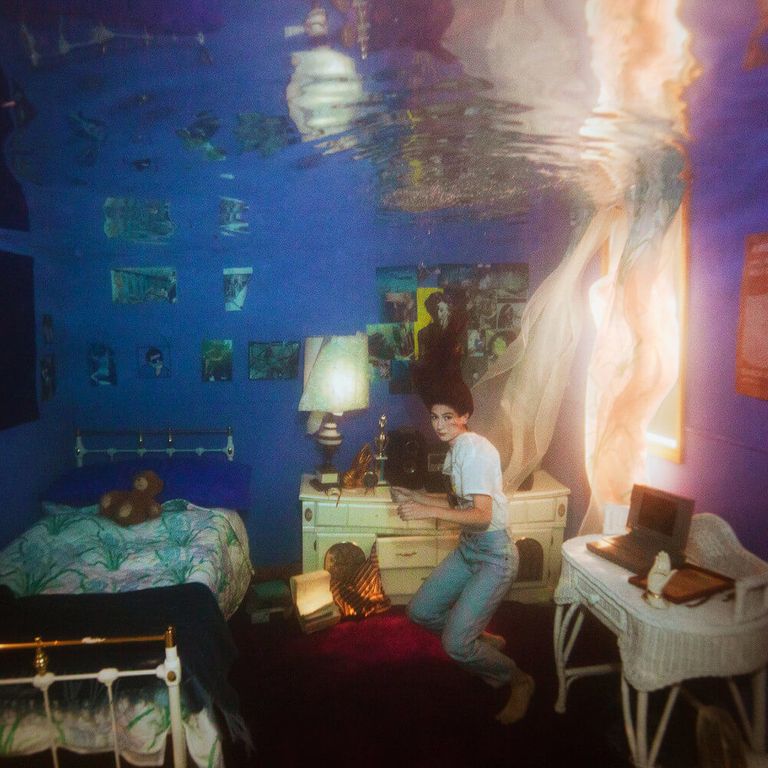
André
Truth be told, there were only a handful of records released this year that I was immediately captivated by. The latest project by Weyes Blood is one of the few. Titanic Rising is big, beautiful, and blissfully vast. It captures the essence of ’60s/’70s pop songwriting and carefully blends it with dramatic arrangements and modern electronics. It’s like listening to The Kinks inside a planetarium. The record sounds larger than life, yet it feels deeply personal. There are layers upon layers of sound, which only compliment the immense depths of emotion. To construct such a complex and varied album, and limit it to a lean 40 minutes, is a serious achievement. Natalie Mering crafted these songs and tasked them with lofty ambitions, those that go far beyond what you’d usually expect from chamber-pop. While it may not be flawless from beginning to end, Titanic Rising benefits hugely from such a strong, passionate desire to make a powerful piece of work. It stayed with me from the first listen, and will likely go down as one of the enduring records of 2019. This is Weyes Blood putting her stamp on the World, and it’s a better place for it.
Read our full review of Titanic Rising →
5. Crushing // Julia Jacklin

Michael
The title does not refer to a crushing sadness, although it could easily be mistaken for doing so. Certainly, the opening track, “Body”, a sombre and plainly autobiographical number that describes in vivid, excruciating detail the beginning of a breakup, seems to anticipate much of what follows, which often strikes the tone of a raw confessional. Predominantly, Jacklin assuredly works here in the mode of bruised, perceptive, defiant folk ballads that often gesture towards deteriorating or otherwise complicated relationships, and the intimidating process of moving away from familiar ways of interacting with the world.
Compositionally, Jacklin mostly offers here a collection of straightforward slow burners, but they gamely support her real talents: her incisive lyricism, capable of isolating a whole spectrum of feeling and experience in a single line; her wounded vocal performances, and, in turn, the surprising, bold flourishes that reveal that it is, after all, only a performance. So, yes, one could plausibly interpret this as a record that exorcises all the crushing sadness of a breakup – and, make no make no mistake, Jacklin has produced here some of the most emotionally devastating pieces I’ve heard all year. I would, however, argue that Crushing is diminished when pigeonholed as a mere breakup record. It would be fairer to say that what Jacklin articulates here with astonishing clarity is the difficulty of negotiating suffocating external and internal pressures – all those, ahem, crushing expectations within which one could easily acquiesce and lead a small life.
It is not sad, but wise; it may not have all the answers, but it is nevertheless the work of someone who learned some valuable lessons when working with and through confusion, guilt, and grief. Above all, it is about renewal, about getting back in touch with oneself, about the burden of listening to and nurturing one’s needs rather than reflexively supressing them for the benefit of others. It is the work of someone who is able articulate the journey through uncertainty and towards hard-won self-acceptance with unerring candour.
Read our full review of Crushing →
4. All Mirrors // Angel Olsen

Micheal
Of all the records listed here, All Mirrors is the one with which I am least familiar, having only encountered it during an end-of-year cramming session in November. In my efforts to catch up with what has been written about the record, it has been curious to observe that critics have taken to describing All Mirrors as ‘cinematic’, as if this adjective identifies or illuminates anything specific about the record. One suspects that these references to cinema are intended to evoke a sense of scale, as this is unmistakably Olsen’s most grandiose and bombastic record to date – you know, like My Dinner with Andre.
The gothic, baroque pop found here marks a bold departure from her previous work – which often unfairly cast her as sadness’ guitar-wielding muse – largely because of the twelve-piece string section that constitutes a fully integrated, essential competent of most every track here, as opposed to a mere embellishment or tonal bedding. Guided by the lavish compositions of Ben Babbett and Jherek Bischoff, the strings interact in violent, unexpected ways with Olsen’s remarkably malleable voice and the gauzy synth textures brought into her sonic palette by her previous record, My Woman. The effect is often as alarming and cacophonous as it is arresting, able to carry the full weight of the record’s outsized drama and emotion (which in turn is nurtured by the morbid, wildly melodramatic sensibility of producer John Congleton, who is best known for producing St. Vincent’s finest records).
It is a noisy, angry record that demands attention and shocks you into the moment, stressing Olsen’s lyrical preoccupations with anxieties and assumptions that diminish us and those we love—a preoccupation that is perhaps best articulated by the desperate, romantic final track, “Chance”: ‘It’s hard to say forever love/Forever’s just so far/Why don’t you say you’re with me now/With all of your heart?’ Certainly, when very little in our lives and in our relationships is certain, all we have is a moment that we too often fool ourselves into thinking beyond; All Mirrors has the clarity, the presence of mind, and, above all, the sheer force to pull us back there. What a precious gift that is.
3. Assume Form // James Blake
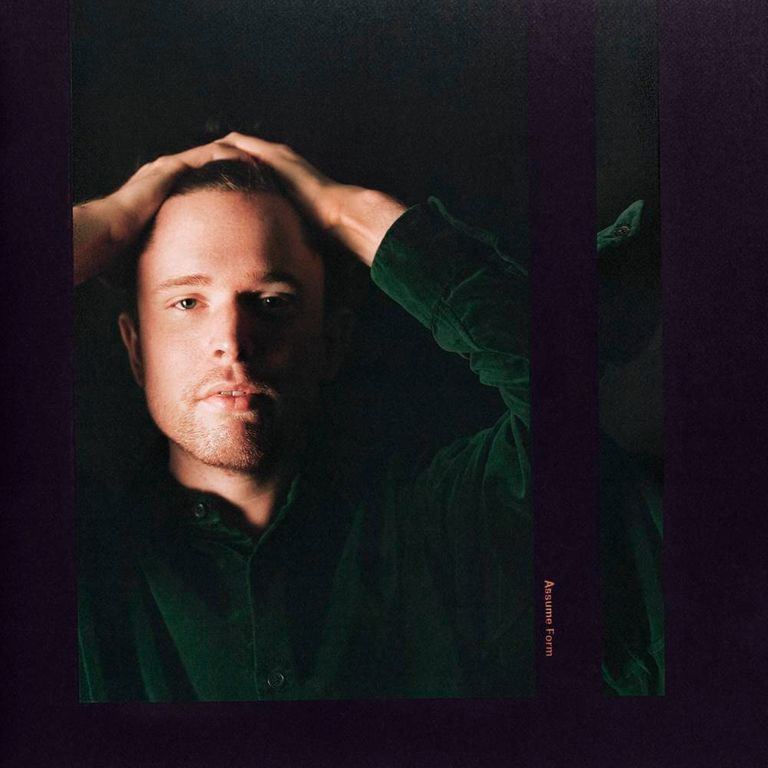
Fred
I’ve not always had the kindest things to say about James Blake’s past projects. I’ve likened them to carpet samples and beached whales, among other things. Imagine my smugness then when Blake not only comes out with his best record to date, but acknowledges preceding works had the very failings I was complaining about.
Assume Form is a tighter, warmer, and more focused glimpse into Blake’s world. The record showcases Blake as a songwriter as well as a producer. Instead of hiding behind idiosyncratic beats and slack loops, he opens up. The results aren’t perfect, but they’re often lovely. “Where’s the Catch?” is as good a song as you’re likely to find from 2019, and there are a few more where that came from.
This was the first time we reviewed a James Blake album and I felt excited rather than annoyed. It genuinely feels like he has grown as an artist and a person. What a lovely thing. I just hope he has the courage to keep going. Assume Form is great in its own right, but I very much hope it proves to be a major step towards something special.
Read our full review of Assume Form →
2. There Existed an Addiction to Blood // clipping.
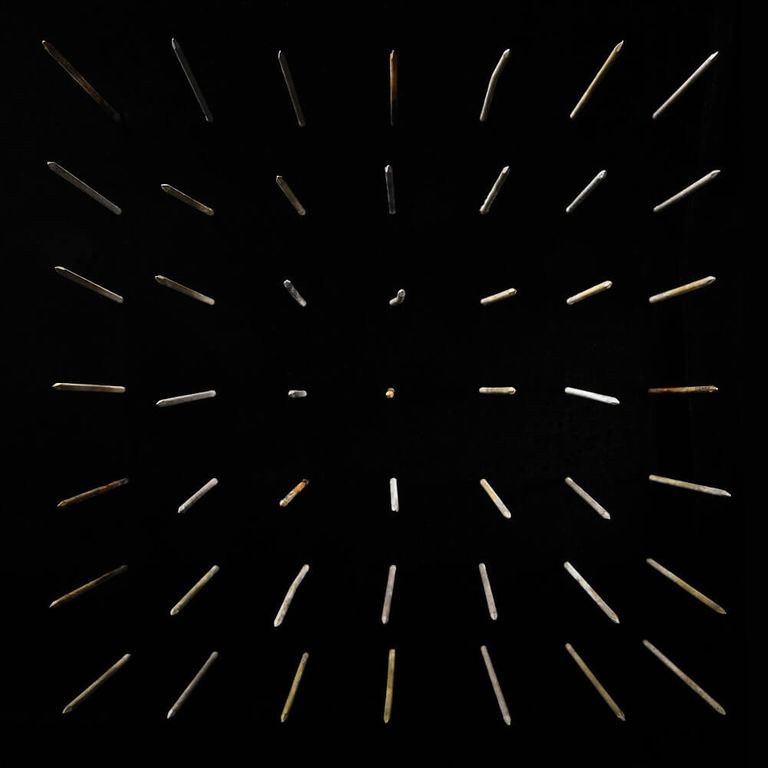
André
If I were listening to There Existed an Addiction to Blood during a nighttime exploration of a cemetery, I’d be incredibly suspicious of each and every grave I walk past. Fortunately, I’m not nearly brave enough to do such a thing. In any matter, clipping’s latest record is terrifying and exhilarating in equal measure: a delightful homage to horror heroes such as Wes Craven and John Carpenter. Those lone, repeated piano notes that open up “Nothing is Safe” set the tone for the entire experience, with the inclusion of multiple twists and turns along the way. Tension lingers in every track, established by cinematic instrumentals and enhanced by frightful tropes and inventive sonic textures. The role of rapper Daveed Diggs switches between being a narrator – cold and calculated in delivery – and a man possessed by evil. Both roles are captivating, and tremendously supported by the devilish soundscapes created by William Hutson and Jonathon Snipes. It’s true that, aside from outstanding instances of innovative production techniques (“Run for Your Life” is an essential listen on headphones), there’s very little about the album that one could claim as original. Of course, to brand this as a criticism would be missing the point: this is a tribute to the most ghastly of Worlds, executed brilliantly by one of the finest acts in the experimental hip-hop scene right now. An incredible exercise in immersion.
Read our full review of There Existed an Addiction to Blood →
1. Igor // Tyler, the Creator
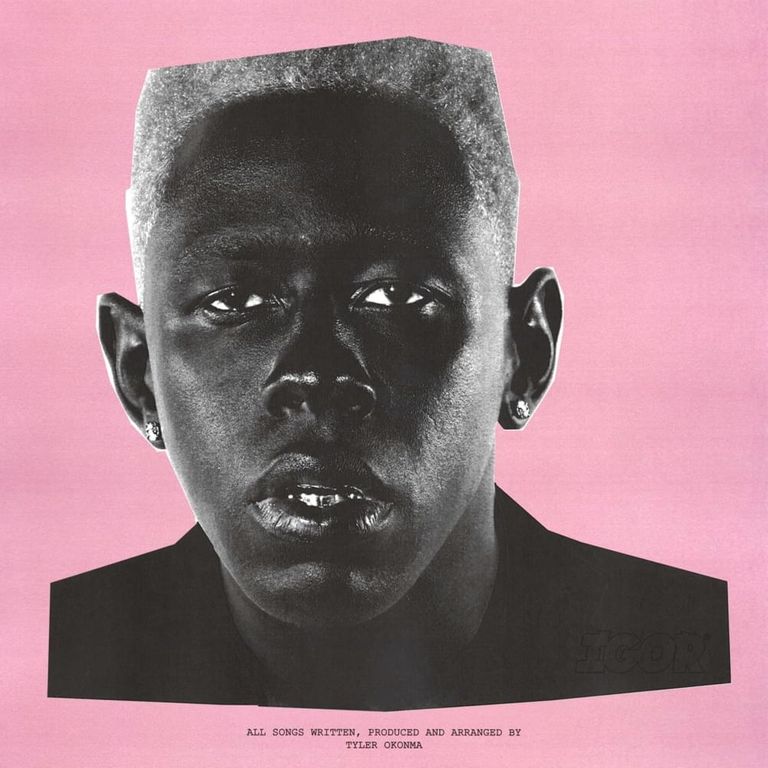
Fred
Tyler, The Creator has quickly become one of those artists you put time aside for. Every new release promises quality and a fair bit of the unexpected. IGOR delivered on both counts. Somehow managing to sound beautifully monstrous, the album’s not as easy on the ears as Flower Boy, but what it lacks in suaveness it more than makes up for with originality. Hip hop has seldom sounded more off-kilter.
This won’t be everyone’s favourite Tyler album – hell, I’m not even sure it’s mine – but for me its audacity is part of the charm. Who else could write a love song like “EARFQUAKE”? Or provide the final flourish of “ARE WE STILL FRIENDS?” Originality is hard to come by these days, but Tyler, The Creator has it coming out of his ears. And my favourite thing about it is he doesn’t do it to be different; he does it to be himself.
Michael
Bearing in mind that Tyler, The Creator spent the better part of the 2010s playing hip-hop’s increasingly obnoxious enfant terrible, and how suddenly he appeared to emerge from his cocoon of juvenile provocation as a magnificent queer butterfly on Flower Boy, one would be forgiven for being slightly sceptical of IGOR. Of course, Tyler’s coming out was not actually all that sudden – he’d been referencing his sexuality for years prior to Flower Boy with varying degrees of explicitness – but his impish persona, aligned with his regrettable penchant for homophobic slurs, were sufficient for any allusions to be mistaken for distasteful gags. (This, of course, exists alongside other racial and generic factors.) If, like me, you are also queer and have previously been hurt by his language and his glib attitude, there may still be lingering concerns that the gag may just be more elaborate these days – that, rather than merely hurling the word in any which direction, he’s now finding it funnier to play the faggot in public. So, it’s complicated.
But it’s also rather simple: it’s about a boy who loves another boy who still loves his ex-girlfriend. The IGOR persona is an obvious but nevertheless witty choice in this context: Tyler casts himself as the obsequious and odious assistant, unctuously devoted (despite some reluctance) to the enablement of his master’s ghastly experiments. He’s playing a version of himself here that’s lovelorn and needy, performing songs that shuttle through joy, longing, confusion, and regret – as one would expect of what’s putatively a breakup record – but, crucially, also ugliness, revelling in the monstrosity and perversity inherent in desire that others may consciously overlook in a bid to save face. (This may actually be where Tyler’s queerness most clearly reveals itself—you know, beyond the songs about being in love with a dude.)
The notion of being dedicated to the pleasure of others is similarly found in Tyler giving himself over to a more vulnerable form of expression than ever before, becoming in earnest the warped popstar he threatened to become on Flower Boy, as well as earlier tracks like “IFHY”. Indeed, what is perhaps most surprising is that Tyler has made a record that, despite its occasional flirtations with hip-hop bangery (“What’s Good”), may be best categorised as neo-soul or even alternative – R&B. It’s smooth, gorgeous, and emotionally potent – undoubtedly his most beautifully composed and generous record yet. It’s a work of supreme craftmanship, effortlessly synthesising myriad recognisable influences and feelings into a gnarly iridescent sound that feels at once distinctive and genuinely accessible, motivated as it is by Tyler’s knack for a killer hook and his abiding commitment to manifesting robustly the universal emotions at play in each song. So yes, it’s simple: it’s a magnificent pop record, don’t overthink it.
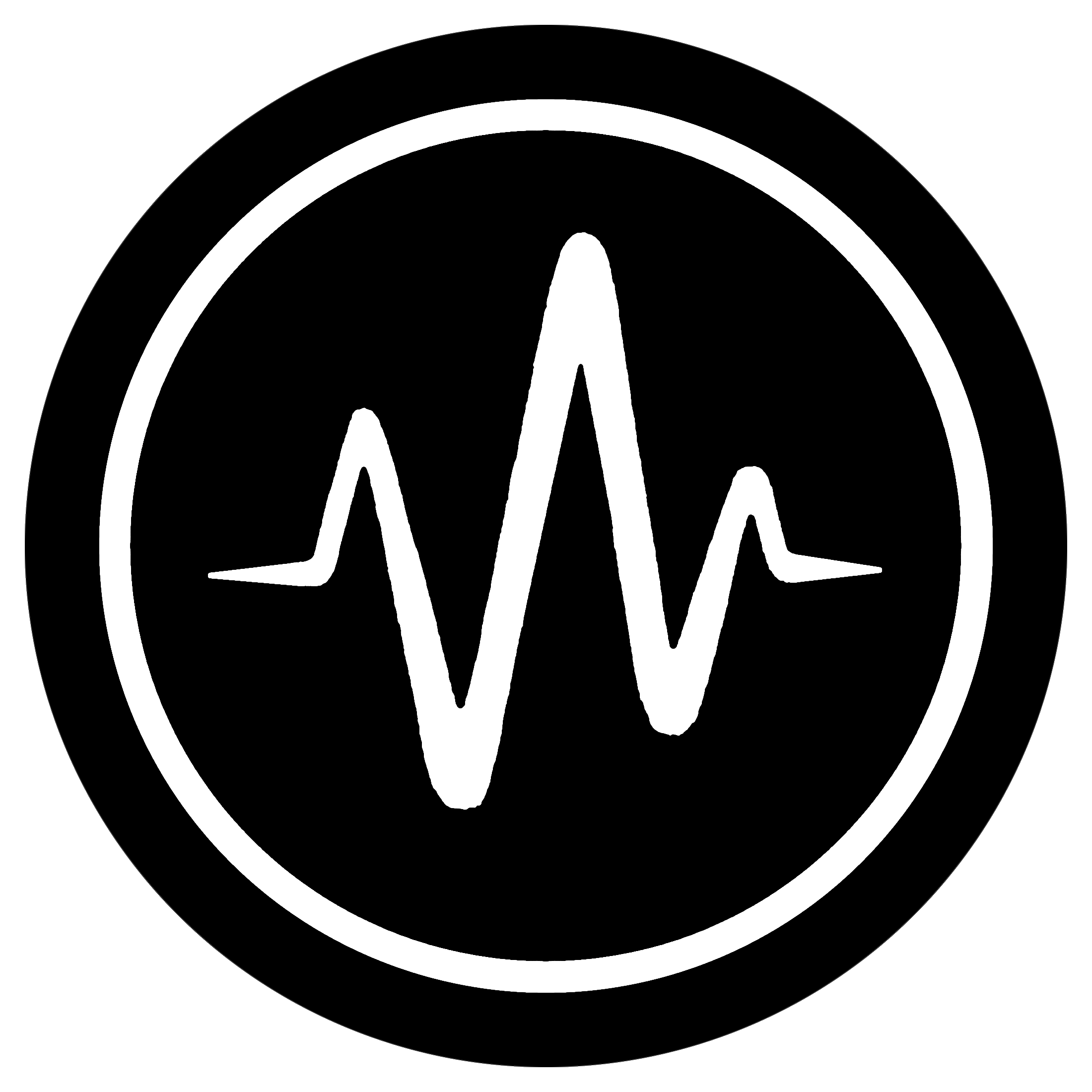
Related Posts
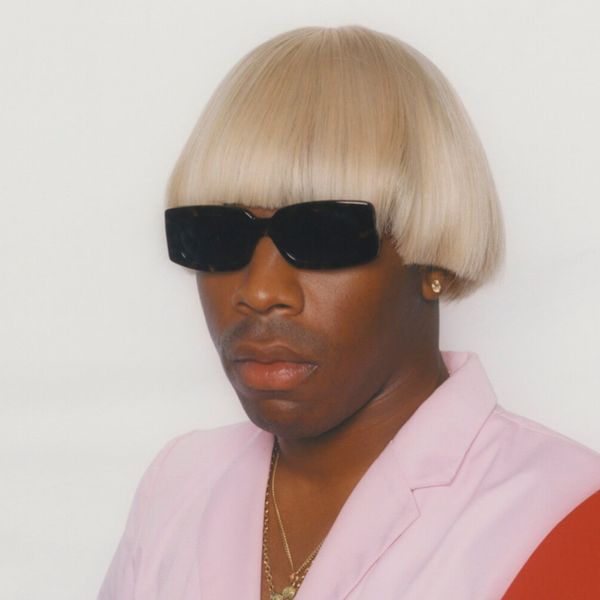
Our 10 favourite singles of 2019
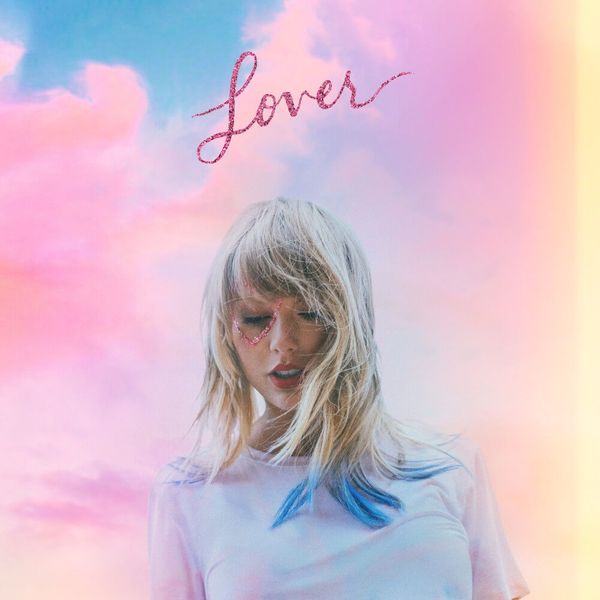
Lover // Taylor Swift
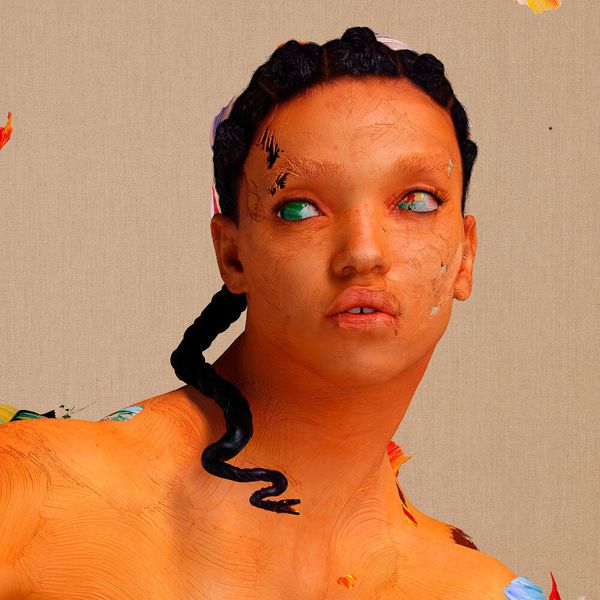
MAGDALENE // FKA twigs
